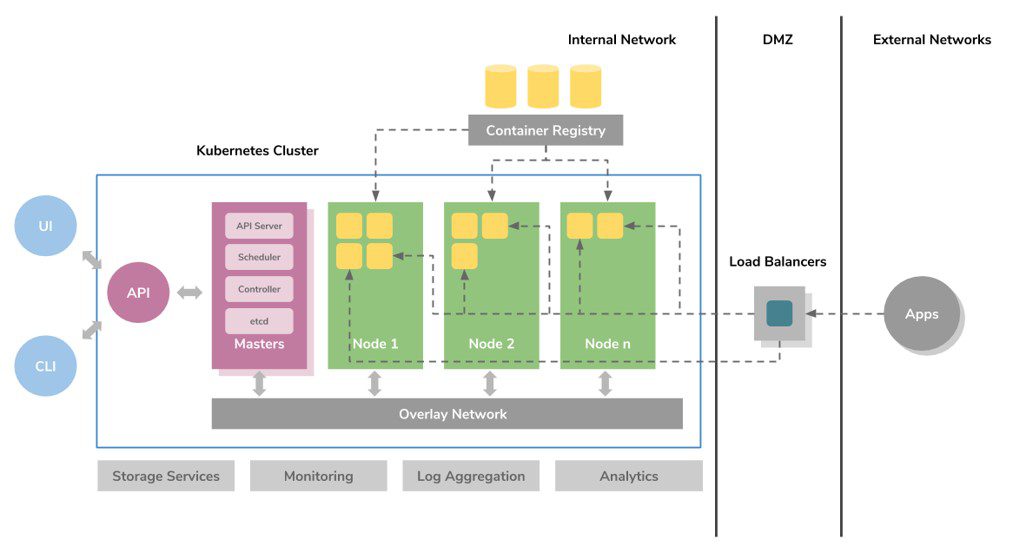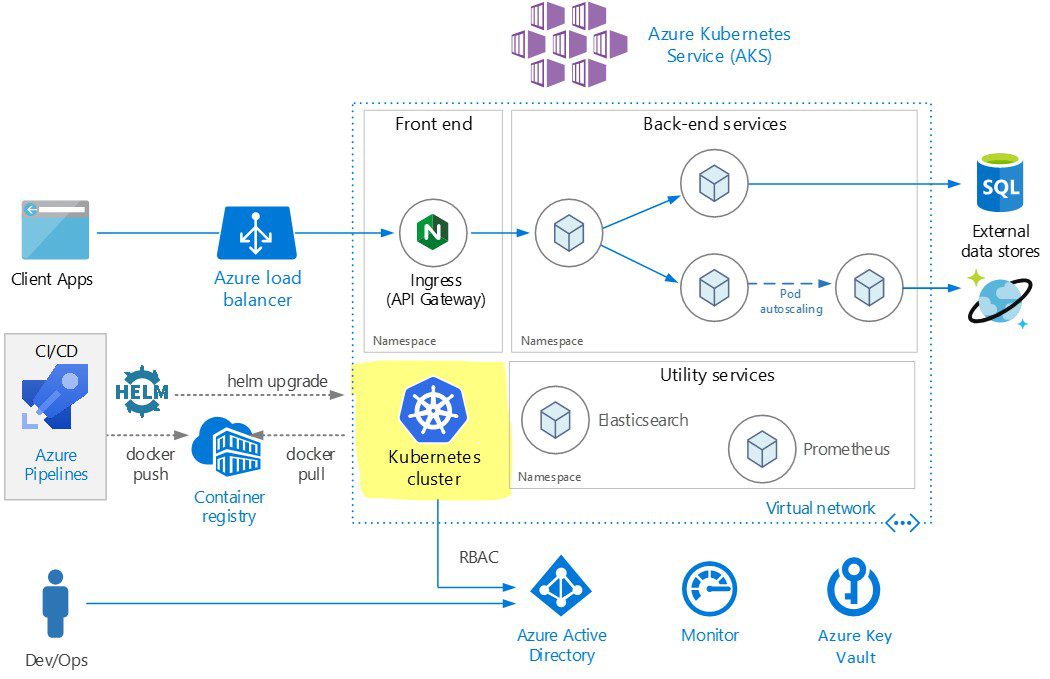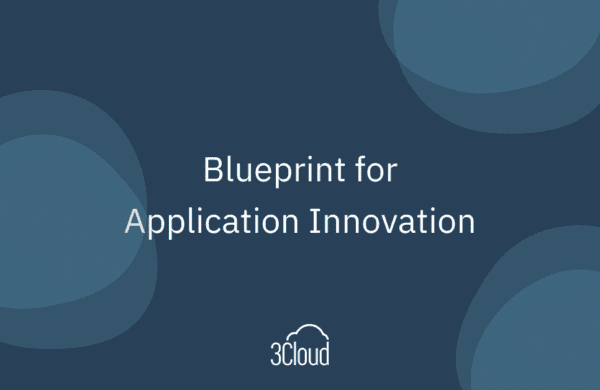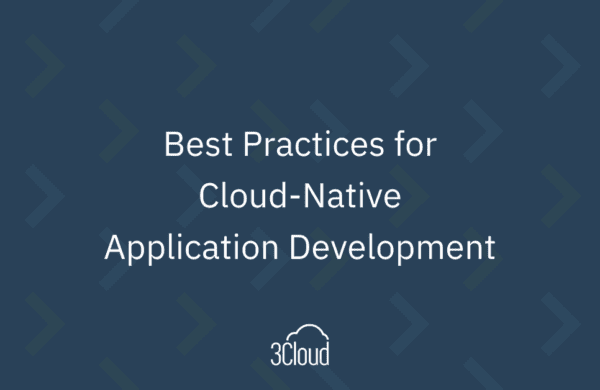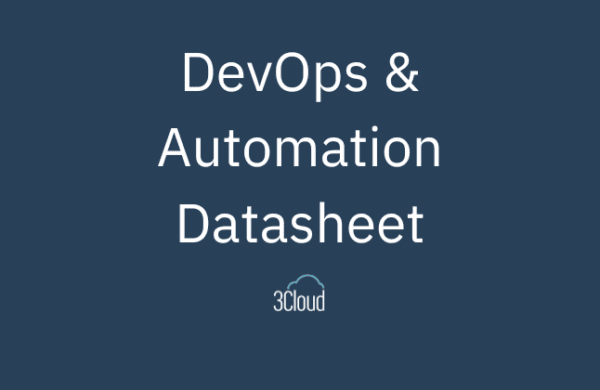What is Kubernetes? Some of you may know this as the Greek word for helmsman or pilot, but I’m talking about Kubernetes in the Azure cloud. To make a connection between the Greek word and what major technology companies are calling the next big thing in computing, think of Kubernetes as a tool for safely piloting our applications and keeping them from crashing.
Cloud apps increasingly run in aptly named containers. These containers hold applications, dependencies and any configurations. The trick is these containers aren’t tied down to one piece of hardware; they can run nearly anywhere across different servers and clouds. It’s how companies like Google manage to scale Gmail or Google Maps across the over billion users.
What is Kubernetes and where does it fit in?
- Kubernetes (also known as K8s) is an open source container system for managing and scaling business applications.
- This orchestration software allows you to deploy and manage microservices that make up your technology stack.
- When deploying applications across cloud environments it allows for portability and scalability.
- Using Kubernetes:
- takes less time to manage
- decreases your downtime
- reduces IT costs
- improves your overall speed to deploy a new app
- The Azure blog defines it as a way to help teams orchestrate a cluster of virtual machines and schedule containers to run on those virtual machines based on their available resources in the resource requirements of each container. Kubernetes:
- Helps manage service discovery
- Incorporates load balancing
- Tracks your resource allocation
- Checks the health of individual resources
- Enables apps to self-heal by automatically restarting and replicating them to new containers as needed
What are the benefits of using Kubernetes?
- Portability – seamlessly move your containerized workloads from a local development environment to your production system. Also, it orchestrates the containers consistently in different environments across your on-premise infrastructure and public and hybrid clouds.
- Scalability – defines and containerizes complex applications and allows you to deploy them globally across multiple clusters of servers in different regions while optimizing their resources.
- Extensibility – access to a wide collection of open source extensions and plug-ins.
- Additionally, it adds capabilities like security, monitoring and management that you already have set up to use in your Azure ecosystem.
What can we do with Kubernetes in Azure?
- Azure provides the Azure Kubernetes Service (AKS) which makes deploying and managing your containerized apps easy. It lets you take a Kubernetes cluster and you can deploy that into a serverless environment in Azure, thus removing the need to maintain, upgrade and monitor all the individual VM servers. (see image below)
- It integrates us directly into the existing Azure infrastructure, so you can integrate with Azure DevOps, as well as tie into Azure AD, Monitor, Key Vault, storage, etc.
- This gives you enterprise grade security, monitoring and governance right out of the box, which unites your development and operations on a single platform so you can quickly build, deliver and scale your applications.
There are incredible benefits to using Kubernetes in Azure and you can easily see why tech companies are calling it the next big thing in computing.
Need further help? Our expert team and solution offerings can help your business with any Azure product or service, including Managed Services offerings. Contact us at 888-8AZURE or [email protected].

